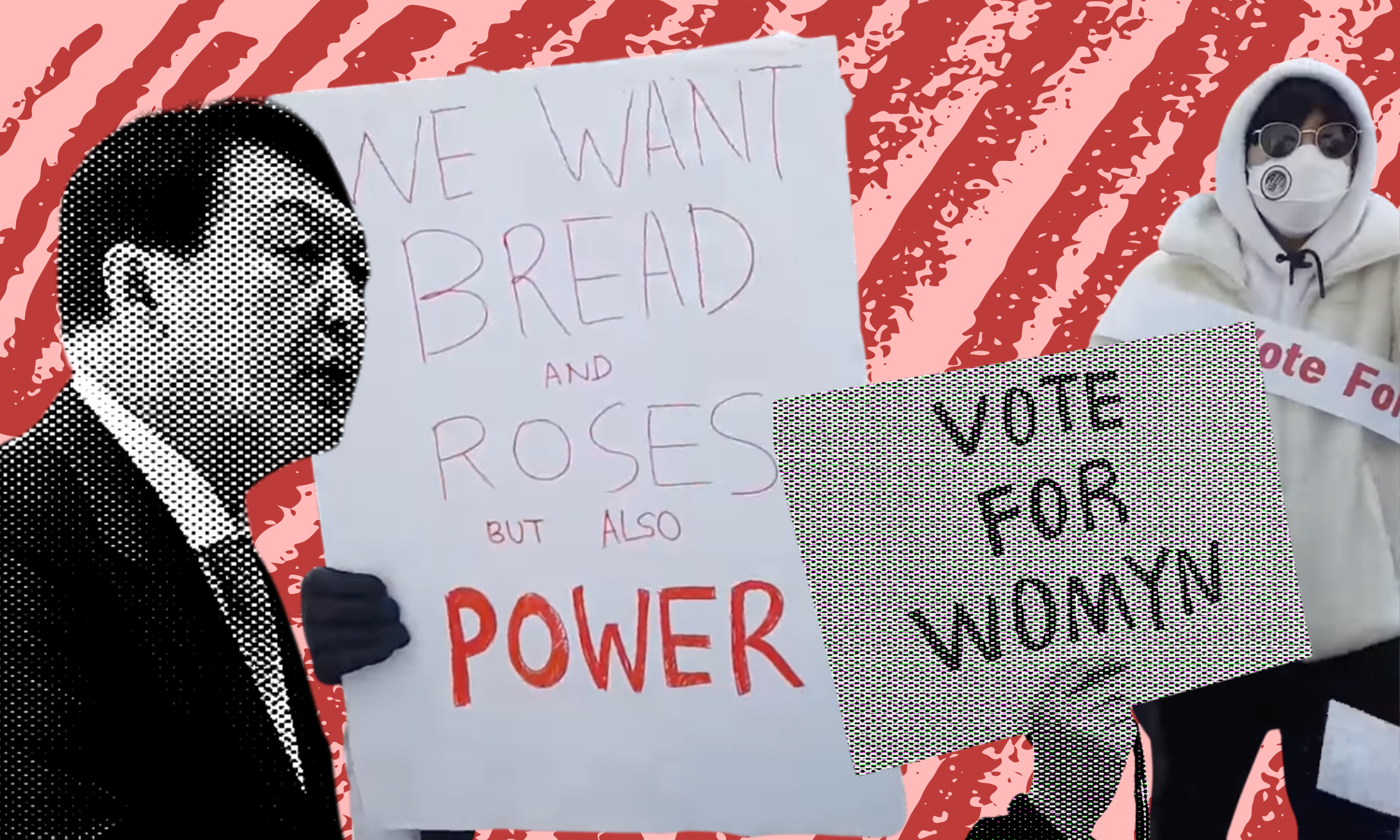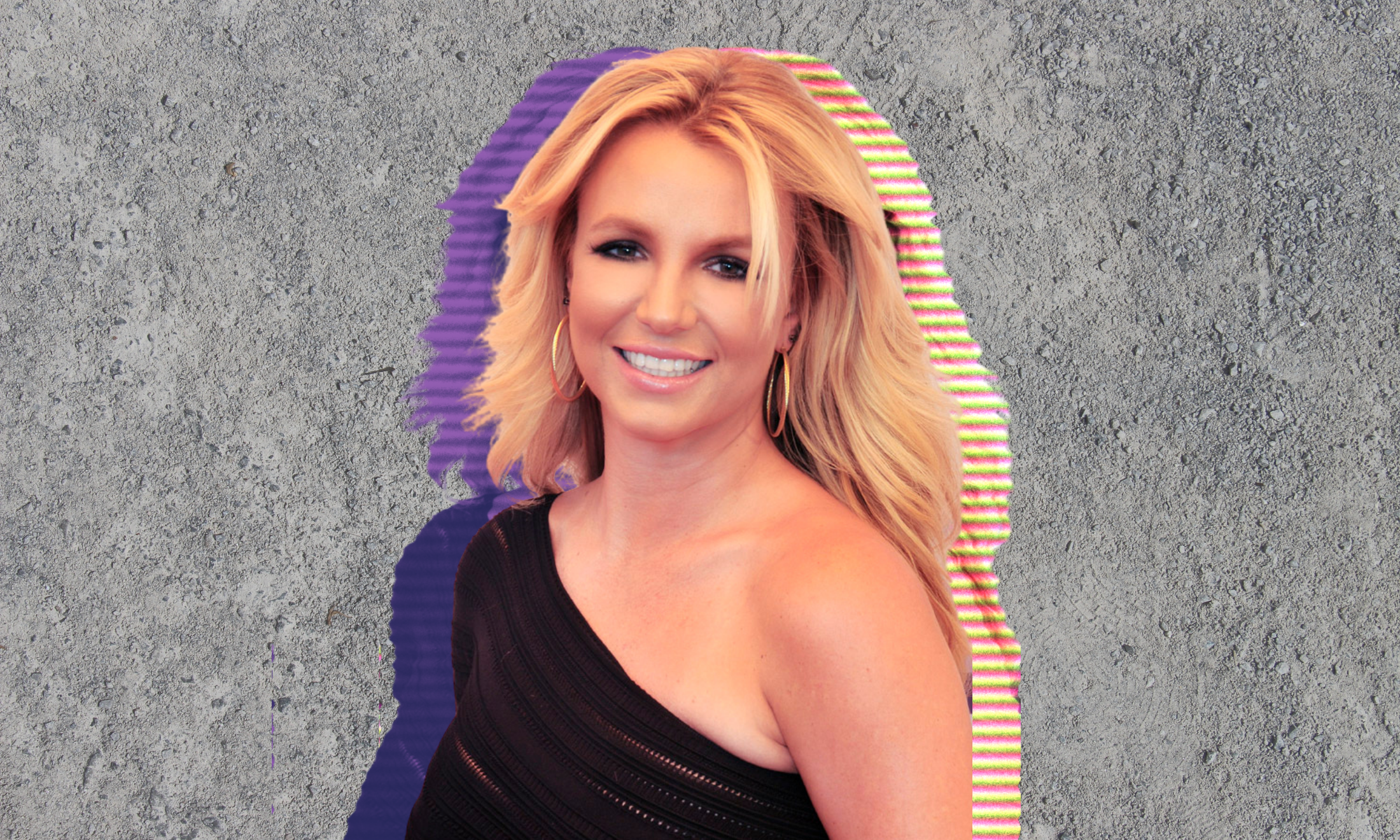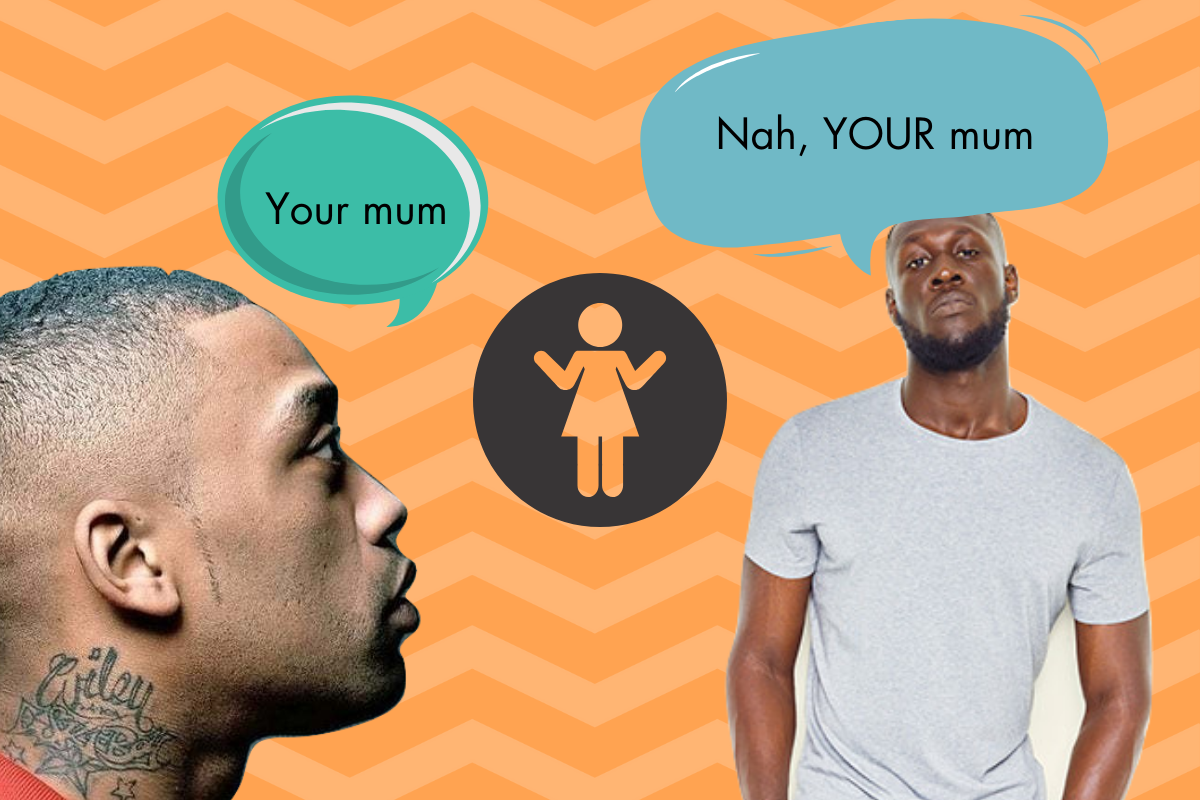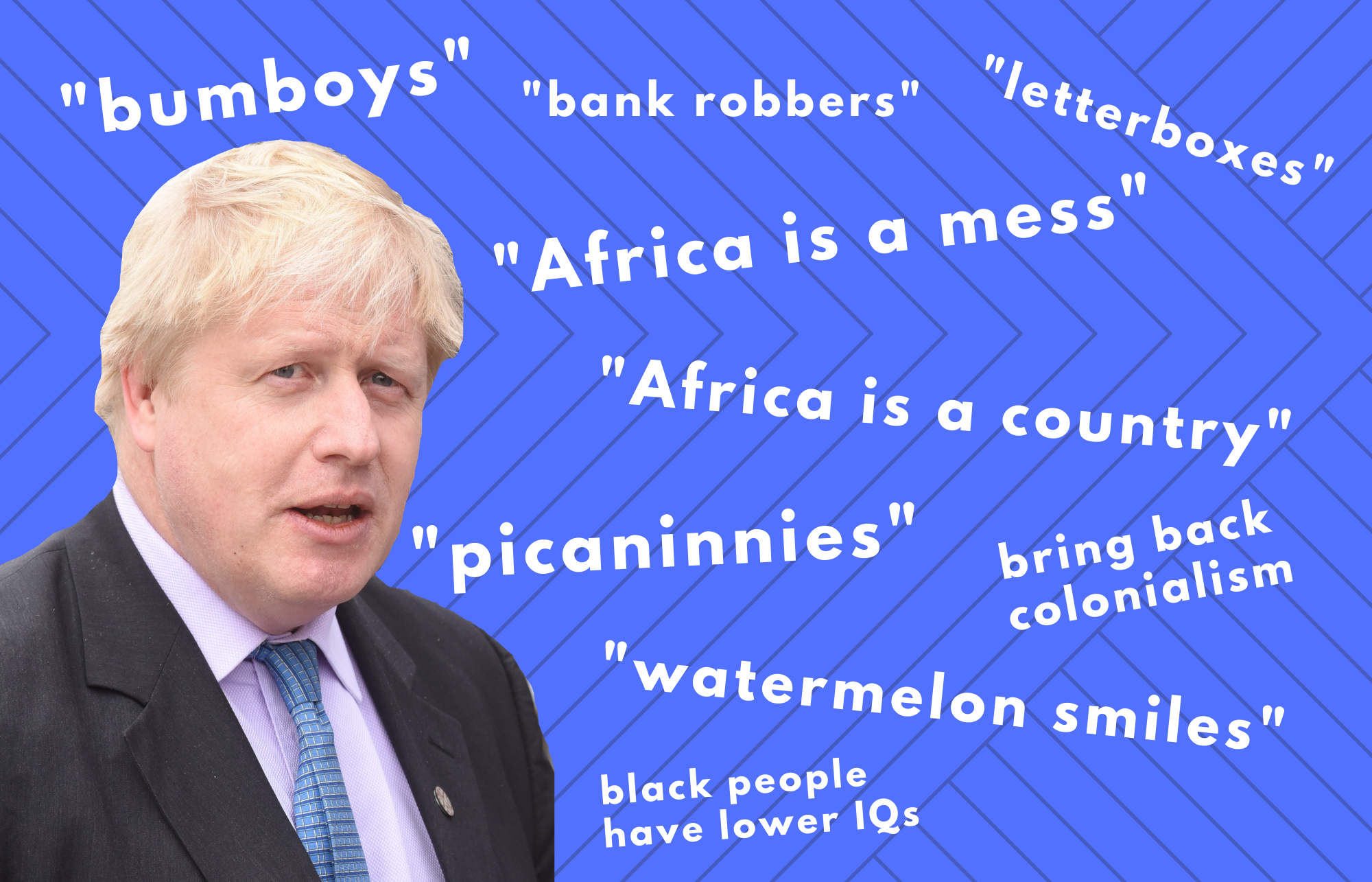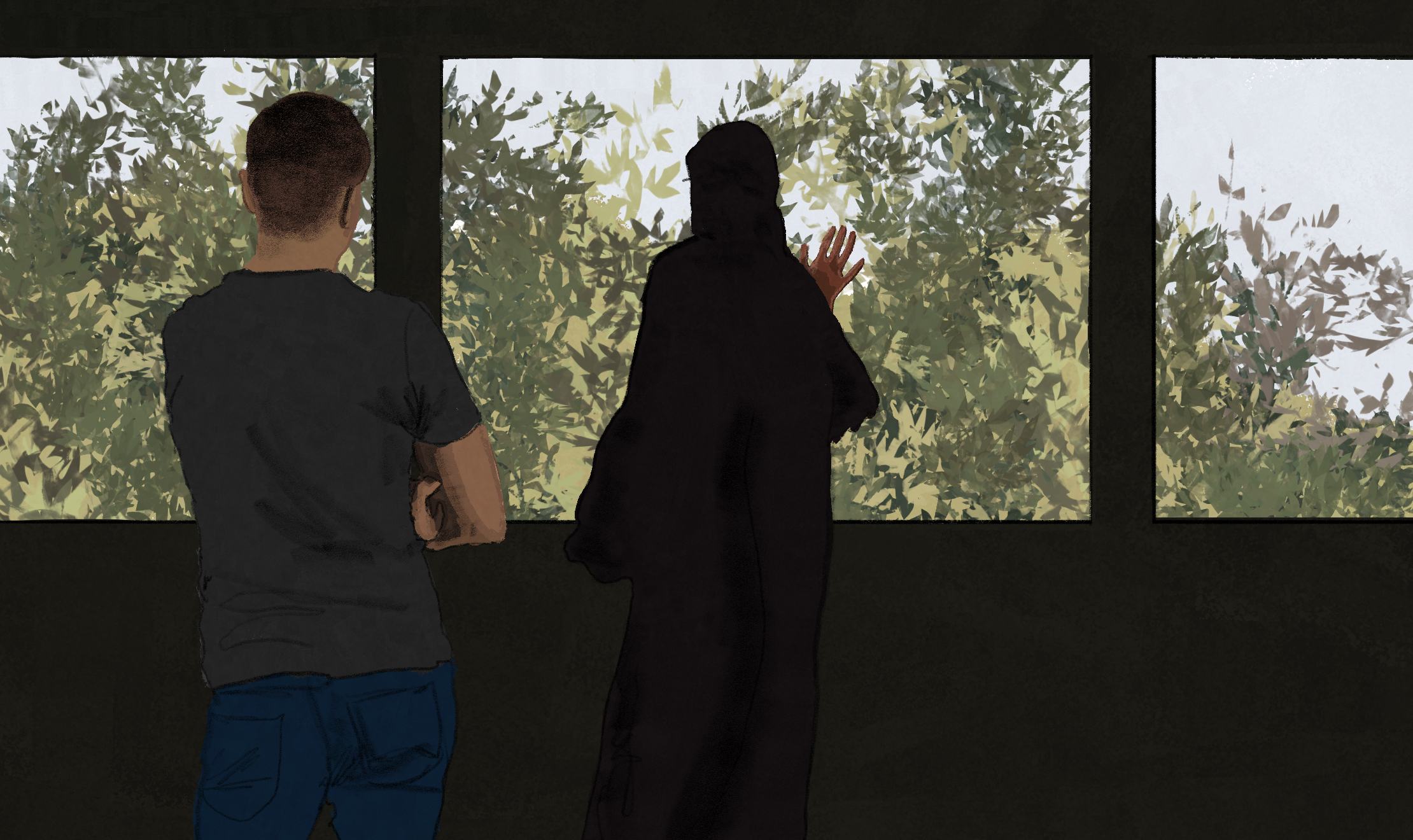
Diyora Shadijanova
Britney’s conservatorship reminds me of my life under Qatar’s guardianship system
Even as an adult, my father had legal control over many aspects of my life, including whether I could work and who I could marry.
Yousra Imran
30 Jun 2021
A few weeks ago I was watching the BBC documentary Battle for Britney with my mum. As details emerged about Spears’ conservatorship and her life over the past 13 years, we both sat in silent shock and at one point simultaneously said: “It’s like the guardianship system.”
I lived in Qatar between the ages of 14 and 29 – possibly the most formative years in a woman’s life. Just like many Gulf countries, Qatar operates under a guardianship system which means that if you’re an unmarried woman, your father is your legal guardian, regardless of your age. If he’s not alive, then it’s your next closest male relative – even if he happens to be younger than you. Written permissions or “letters of no objection” are required from your male guardian for many things, from where you work, who you get married to, and even access to reproductive healthcare.
When I was growing up, some women had no issue getting letters of no objection, as their fathers or husbands “let them” live and move as they pleased with no restrictions. However, for others like me, the guardianship system enabled the men in our families to take complete control over our adult lives.
“The guardianship system enabled the men in our families to take complete control over our adult lives”
When I read the transcript from Britney’s court hearing last week, I suddenly had flashbacks to my own life under the guardianship system. It breaks my heart knowing how little agency both of us have had. At home, I was constantly threatened by my father, who said that he would withhold permission for me to go to university or – later on – to work. He’d also forbid me from using the telephone and the internet, if I didn’t behave in the way he set out for me. And there was nothing I could do about it. Legally, I needed his letter of no objection to attend university or get a job. Complaining to the authorities was a waste of time as they considered such matters “family affairs” which they refused to get involved in. There was no one to help me.
I spent my late teens and the majority of my twenties depressed, chronically anxious and feeling incredibly stifled. It was exactly as Britney said in her hearing – I felt as if I was not living a full life. I spoke up all the time at home about this unfair treatment. My father’s response was that he was doing this to protect me as he knew what was best for me. My mother’s response, away from my father, was that there was no way out, short of her coming up with an elaborate lie to take me and my sister back to the UK, where we were all born and brought up, to stay in a women’s refuge, as she had no family members who were able to take us in. She spoke about this plan often and, just as I would mentally prep myself for her to execute it, she’d back down, afraid that my father would see through her lie and stop us from leaving the country.
“My father took my written mental health diagnoses to the court and imposed a travel ban on me”
At the crux of Britney’s conservatorship is her father’s exploitation of the period during which her mental health suffered; he uses her 2008 breakdown as the primary justification to control her affairs. The singer’s story brought me back to how my own mental health diagnoses were used against me, at the age of 22. I had met a man who wanted to marry me, but because he was from the Shi’a sect of Islam and my family is Sunni, my father outright refused to let our union take place.
We argued for weeks and, worried that I would leave the country to marry the man elsewhere, my father took my written mental health diagnoses to the court and imposed a travel ban on me, telling them that I was crazy and that he needed to protect me. We rarely spoke in the following years, and most communications were funnelled through my mother. Things ended up not working out with the man who had wanted to marry me, but the experience left me constantly aware that there were legal actions my father could take to prevent me from being with someone he didn’t approve of.
Four years later, I needed to travel to Dubai for a fitness instructor course, so I pleaded with my father to lift the ban and he agreed. I then went to a court hearing where my father had to be physically present to tell the judge that he had decided to lift the ban. I was publicly humiliated as the judge, in a room full of other people waiting for their own hearings, criticised me for not wearing a headscarf, something that had absolutely nothing to do with my case.
“Exactly as Britney said in her hearing – I felt as if I was not living a full life”
I left home a single woman at the age of 26, something unheard of in Qatar, and I realise how incredibly privileged I was as many of my friends were unable to do that. In Qatari society a woman lives with her family until she gets married – and they believe that those who don’t, move out only to live an “immoral” and “promiscuous” lifestyle. Unable to rent a flat under my own name without – you guessed it – my father’s letter of no objection, I moved into the spare bedroom of a female colleague’s flat. Despite threatening to cancel my visa and never talk to me again if I left home, my father did not follow through with either of those threats. Over time we began to talk to each other again, and moving out turned out to be the best thing for our relationship.
Hearing about Britney being prevented from removing her IUD, I can’t help but think of how women’s reproductive health is also controlled under the guardianship system. For example, my mother required my father’s permission to have her own IUD inserted, and later to tie her fallopian tubes. I often had to lie and say that I was divorced in order to get basic gynaecological check-ups at private clinics, because the state refuses to provide gynaecological healthcare to unmarried women. Whether it’s forced sterilisation, the refusal to provide reproductive healthcare or the denial of birth control without a man’s permission, governments all over the world seem to have control over our bodies.
As Egyptian feminist Mona Eltahawy often says, only a feminist revolution will dismantle patriarchal laws that allow men like Britney Spears’ father to exploit their daughters’ mental health for total control over their lives and their wealth. From the legalisation of abortion in Argentina at the end of 2020, to the recent and gradual eradication of guardianship laws in Saudi Arabia, the tireless work of feminists provides us with hope that one day, we’ll live in a world where all women have agency over every aspect of their own lives – without the existence of legal systems that allow men to control us.

